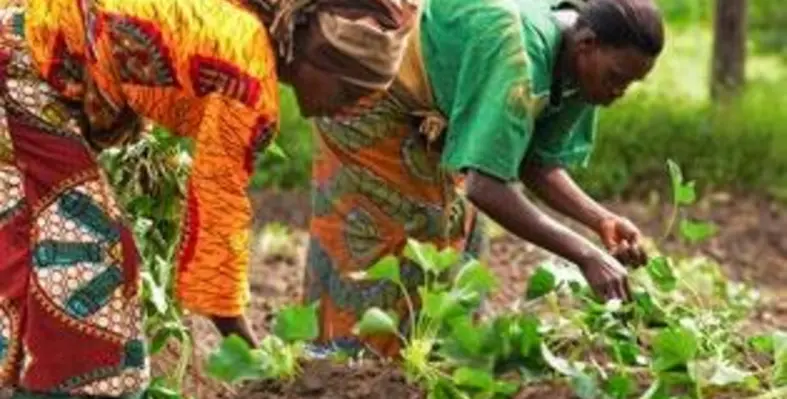By strengthening the local workforce in Africa, Kirloskar Brothers Limited (KBL) have created a niche for themselves in the continent, says Shipra Tripathi, head of Corporate Global Marketing and Communications at KBL
African Review of Business and Technology spoke with Tripathi about the commitment that the Indian company has towards building Africa’s farming sector.
KBL just entered the Limca Book of Records and was awarded the Award of Excellence at ACREX 2014 for its Lowest Life-Cycle Cost Pump. Do tell us about this.
KBL’s all-women Coimbatore plant set a benchmark and bagged a prestigious award by the Limca Book of Records for its project Mahila Mission 20. The project achieved a milestone of assembling a pump in a time of 17.25 seconds, making it a national record. The silver jubilee of the Limca Book of Records, dedicated to the cause of empowering women, honoured the entire ladies workforce of Kirloskar Brothers Limited, Coimbatore plant. The award was offered in the presence of numerous dignitaries, leaders, decision makers and bureaucrats from various participating companies. The Coimbatore plant is run efficiently by the all-woman workforce and has been receiving numerous awards in various categories. We are hopeful that this trend will continue.
After the setting up of value-added service facility in Egypt, what next does KBL have in mind for the region?
The service facility is an investment in the region and we are hopeful it will drive more business towards the organisation. This is our effort to let our customers know that we are here for the long run and that we are committed to the best work from KBL. Our effort in the region will continue to grow. This service centre will also serve as a place for training of the local engineers to operate and maintain the pumps better. It will help reduce incidents of breakdown and damage to the equipment and, thus, reduce costs incurred to maintain these critical installations.
What are KBL’s future strategies for the region?
KBL is committed to a very long-term engagement with the region and Egypt in particular. It will be our effort to grow the business on good practices. We believe that our investments will also improve our connection with people and our commitment to a greater engagement extends to this level. We are convinced that the potential of the region is still unexploited, especially in the use of energy efficient technologies to manage water resources. With the experience that KBL has in this field, it is now time for a comprehensive dialogue on planning the use of these in the long run. It is our effort that we pool in our resources with that of think-tanks and technology institutes to help formulate policies and strategies that give us optimal solutions for the region.
As more and more Indian companies are entering Africa, what steps is KBL taking to retain its position in the region?
It is our work that speaks for itself and we have an intrinsic position in the minds of decision-makers as a credible organisation that will make all efforts to develop and deliver the best fluid handling solutions. It is with this knowledge that we prepare ourselves as well as work on the ground in any of the countries that we are present in. Our irrigation project in Senegal is valuable to the country and has helped reduce the import bill on rice by almost half, releasing a large amount of foreign exchange to be used for other critical requirements in the country. The one thing that we definitely do is to engage with planning for the countries. We recognise that each country in Africa has unique requirements and we believe we are capable of providing optimised solutions for each country. Equipped with more than 700 engineers, KBL has the bandwidth that works in R&D as well as delivery on the ground. We are also engaged in a process of creating critical partnerships with institutes that will strengthen our delivery on the ground. We believe that our work should speak for itself and till now it has not failed us.
What CSR activities is KBL conducting in Africa at the moment?
Our CSR is based on the concept of ‘teach to fish’. We believe that we have to train people to become skilled as it will help increasing our local employment and create educated users. So as a policy, our work is around creating skilled people in countries of Africa. KBL’s global vision places a lot of importance on the countries of Africa. It promises to be one of the most potential markets for our products.
Shipra Tripathi heads the Corporate Global Marketing and Communications for Kirloskar Brothers Limited. She was also responsible for creating the CII-Conclave on India Africa that takes place every year in India. Author of several articles on the growing economic engagement between India and Africa as well as India and Southeast Asia, Shipra has travelled to over 30 African and Southeast Asian countries and has developed close contacts there. She is a CII Certified EFQM Assessor and holds a post-graduate degree in International Relations from the University of Delhi.












